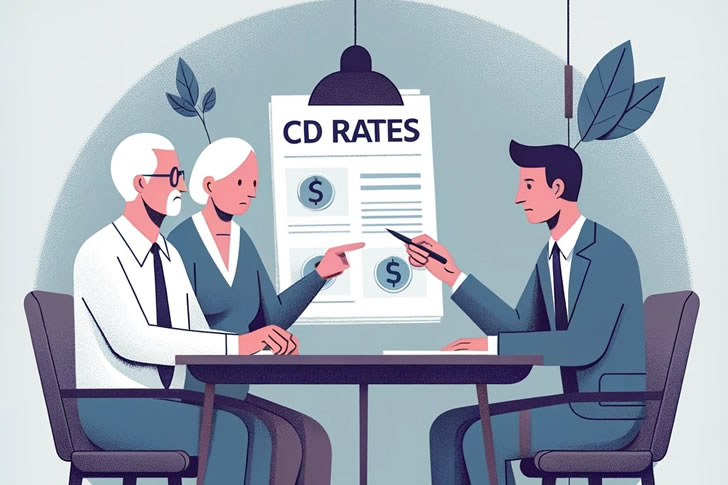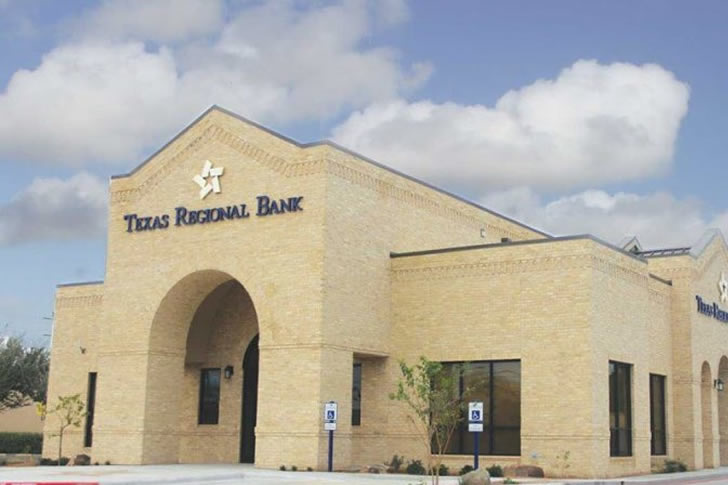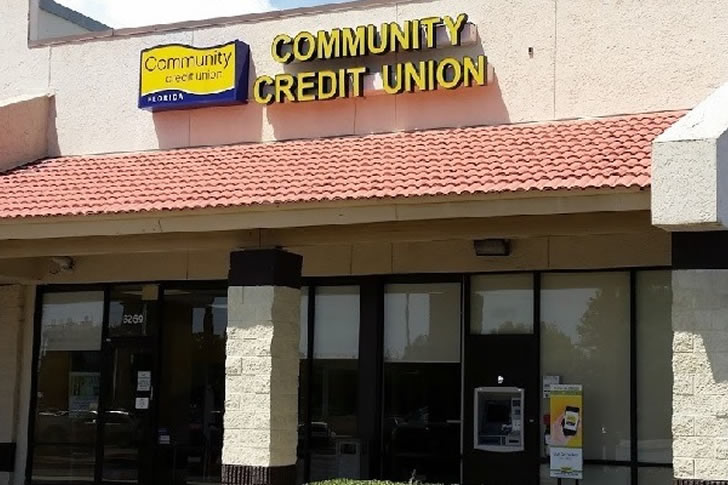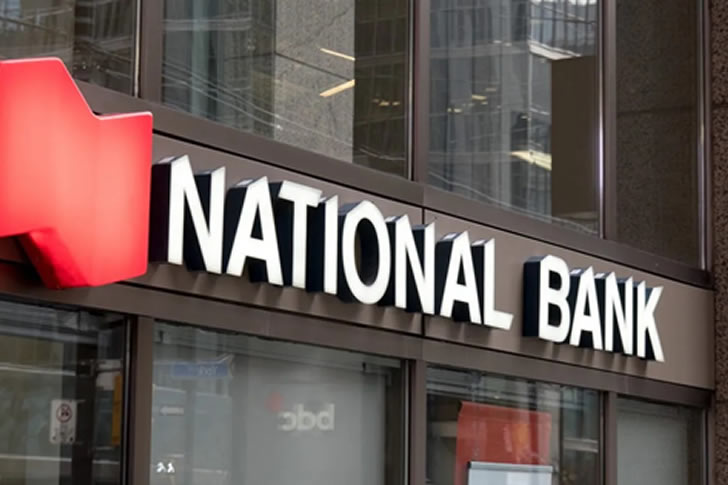How to Get High CD Rates for Seniors
For seniors looking to maximize their savings, securing high CD rates can be a key strategy. Certificates of Deposit (CDs) offer a safe and reliable way to grow your money over time. This article will guide you on how to find the best CD rates and ensure your investments yield the highest returns possible.

Benefits of High CD Rates for Seniors
High CD rates provide seniors with several key benefits:
- Stable Income: CDs offer guaranteed returns on investments, providing a predictable and steady source of income that can be especially valuable for those on a fixed retirement budget.
- Safety: CDs are insured by the FDIC up to $250,000 per depositor, per insured bank, offering a high level of protection for your funds. This makes them a safe investment choice compared to other financial instruments.
- Low Risk: Unlike stocks, which can be highly volatile, CDs have a fixed interest rate and are not subject to market fluctuations. This means the value of your investment remains stable over time, making CDs a low-risk option for preserving capital.
- Peace of Mind: Knowing that your principal investment is secure and will grow steadily can provide a sense of financial peace of mind, allowing you to focus on enjoying your retirement years without worrying about market downturns.
- Interest Rate Security: Once you lock in a CD rate, it remains unchanged for the duration of the term, protecting you from potential declines in interest rates. This can be particularly advantageous in a declining rate environment.
- Structured Savings: CDs encourage disciplined saving, as the funds are typically inaccessible without penalty until the maturity date. This structure helps ensure that the money set aside for future needs remains untouched and continues to earn interest.
By leveraging these benefits, seniors can effectively manage their savings, ensuring a stable and secure financial future.
Strategies to Secure High CD Rates
Shop Around:
- Compare Rates: Take the time to compare rates from a variety of banks and credit unions. This can be done easily by visiting financial institutions in person or by checking their websites.
- Use Online Tools: Utilize online rate comparison tools to quickly and efficiently see which banks are offering the best rates. Websites like Bankrate and NerdWallet provide updated listings and can help you identify the best deals.
Consider Online Banks:
- Higher Rates: Online banks often provide higher interest rates on CDs because they have lower overhead costs compared to traditional brick-and-mortar banks. This can translate into better returns for your investments.
- Convenience: Online banks also offer the convenience of managing your account from anywhere, which can be particularly useful for seniors who may have mobility issues.
Laddering:
- Investment Strategy: Laddering involves investing in multiple CDs with different maturity dates. This strategy allows you to take advantage of varying interest rates and provides more flexibility with your investments.
- Reduced Risk: By spreading your investments across different terms, you can reduce the risk associated with locking all your money into one CD that might not have the best rate.
Q&A Section
Q: What is a Certificate of Deposit (CD)?
A: A CD is a savings account with a fixed interest rate and a fixed date of withdrawal, known as the maturity date. Unlike regular savings accounts, CDs lock in your money for a specified term, providing guaranteed returns.
Q: Are CD rates higher than savings account rates?
A: Typically, yes. CDs generally offer higher interest rates compared to regular savings accounts, making them a better option for long-term savings. The higher rate compensates for the reduced liquidity due to the fixed term.
Q: Can I withdraw my money before the CD matures?
A: Early withdrawal is usually allowed, but it often comes with a penalty. The penalty can vary depending on the bank and the term of the CD. It’s important to understand the terms before committing to avoid unexpected fees.
Q: How are CD interest rates determined?
A: Rates are influenced by the Federal Reserve’s interest rate, the term length, and the amount invested. Banks also set rates based on their own policies, market conditions, and competition to attract customers. Shopping around can help find the best rates available.
Table: CD Rates Across the U.S.
| Bank Name | Location | Term | CD Rate (APY) | Notes |
|---|---|---|---|---|
| Ally Bank | Nationwide | 12-24 months | 1.45%-2.50% | No minimum deposit |
| Discover Bank | Nationwide | 12-24 months | 1.35%-2.40% | $2,500 minimum deposit |
| Capital One | Nationwide | 12-24 months | 1.55%-2.60% | No minimum deposit |
| Wells Fargo | California | 24-36 months | 1.15%-3.20% | $5,000 minimum deposit |
| Bank of America | New York | 12-24 months | 1.25%-4.30% | $1,000 minimum deposit |
| Chase Bank | Florida | 24-36 months | 1.65%-5.25% | $10,000 minimum deposit |
| PNC Bank | Pennsylvania | 12-24 months | 1.30%-3.40% | $1,000 minimum deposit |
| US Bank | Texas | 12-24 months | 1.40%-3.50% | $500 minimum deposit |
| TD Bank | New Jersey | 12-18 months | 1.20%-3.25% | $1,000 minimum deposit |
| Regions Bank | Alabama | 24-36 months | 1.45%-4.50% | $2,500 minimum deposit |
*Interest rates may vary by different bank or deposite amounts
Conclusion
By shopping around, considering online and credit union options, and taking advantage of promotional rates, seniors can secure higher CD rates to maximize their savings. Remember to consider the terms and conditions of each CD, especially the penalties for early withdrawal, to ensure it aligns with your financial goals.
Sources
- https://www.bankrate.com/banking/cds/cd-rates/
- https://www.nerdwallet.com/best/banking/cd-rates
- https://www.investopedia.com/best-cd-rates-5085366











Recent Comments